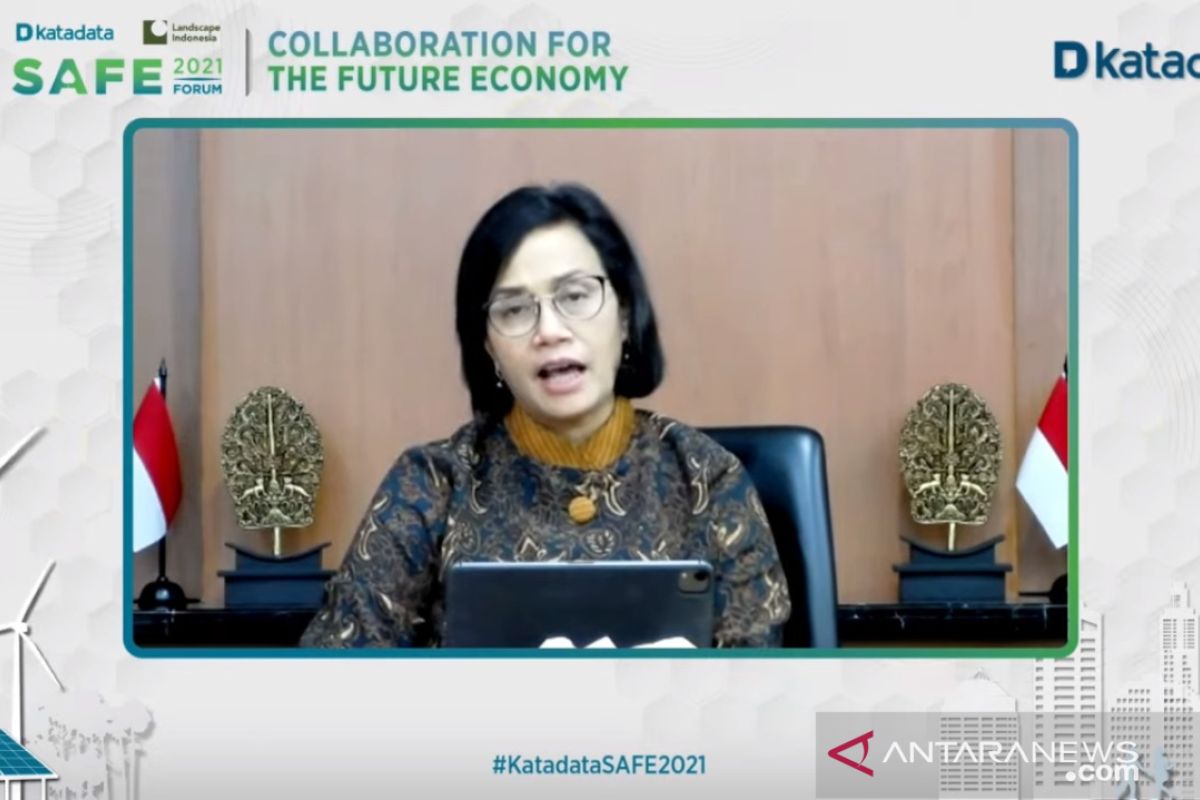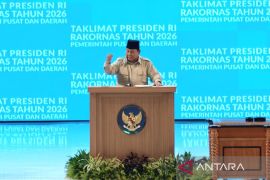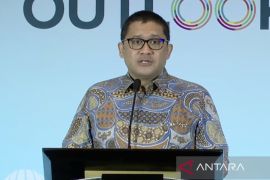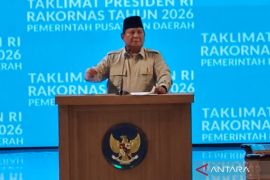"This means that mitigation spending in our ministries/agencies has only met 21 percent of the funding needs to achieve the Paris commitment or Net Zero Emission for 2060," the minister said at an online discussion here on Thursday.
She argued that the State Budget (APBN) cannot meet climate change commitments, so its financing requires funds from the private sector, both domestic and global.
Therefore, the government will continue to formulate policies to attract more investment to develop important sectors that determine climate change, including forestry, energy and transportation, waste, agriculture, and industry, so that they can still meet the CO2 reduction target, Indrawati said.
The minister emphasized that reforms through the Omnibus Law, which have changed the investment climate in the country, would have many positive impacts for Indonesia and allow it to attract investment and technology for sustainable development.
Related news: Indonesia's carbon emission reduction depends on 5 sectors: minister
"Whether it's a green project or various other projects, both for mitigation and adaptation, these steps are expected to be able to fulfill Indonesia's commitments in a credible manner," said Indrawati.
In addition, she explained that various fiscal instruments such as tax holidays, tax allowances, and Value Added Tax (VAT) facilities related to green projects are still being provided.
Meanwhile, in the State Revenue and Expenditure Budget (APBN), there was a budget tagging of 4.1 percent for climate change every year from 2016 to 2020, she said.
Several local governments have since 2019 also begun to allocate funds from Regional Budgets (APBD) to assist Indonesia's commitment to addressing climate change, she added.
Related news: 1.5 billion workers to be affected by climate change: minister
Translator: Agatha Olivia Victoria, Katria
Editor: Rahmad Nasution
Copyright © ANTARA 2021











